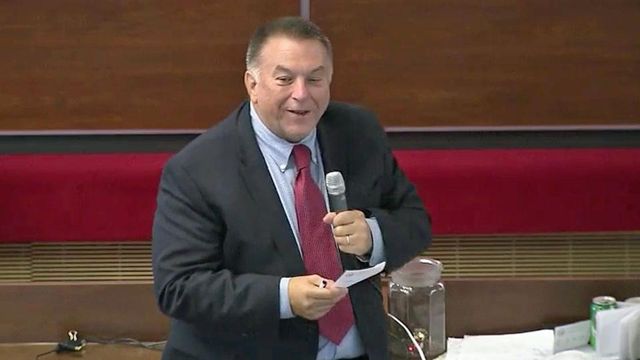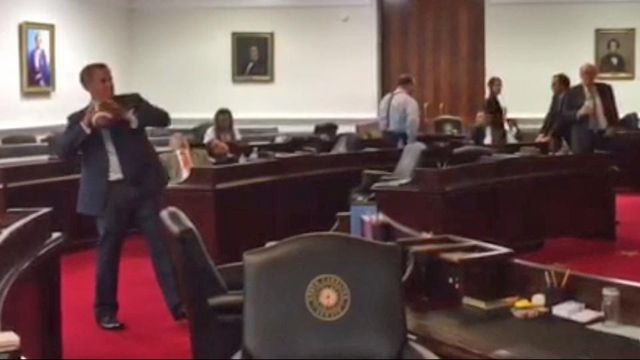After last-minute changes, lawmakers end overtime session
This year's session ran 13 weeks past the end of the fiscal year June 30, making it the longest legislative session since 2002.
Posted — UpdatedThe "Technical Corrections" bill, an annual tradition, is usually the last or second-to-last bill lawmakers pass in a session. Many of the changes it makes are indeed technical – correcting typos, punctuation and spelling errors and incorrect references to other statutes.
But every year, some substantive changes are made as well. Some are "clarifications" of provisions passed earlier in the year, often seeking to correct unintended consequences. Others make significant modifications to policy, often with little notice or debate.
The final version of Senate Bill 119, the 2015 Technical Corrections Act, made several significant changes to major 2015 bills.
Another provision changes the effective date of the ban on extended food stamp benefits for unemployed, able-bodied adults from March 1, 2016, to July 1, 2016, to give the Department of Health and Human Services time to restart its job training programs, which were cut during the recession.
The corrections measure passed both chambers easily around 4 a.m.
It now goes to McCrory, who, due to the adjournment, has 30 days to sign or veto any remaining bills. Otherwise, they will become law without his signature on Oct. 30.
This year's session ran 13 weeks past the end of the fiscal year June 30, making it the longest legislative session since 2002. According to Legislative Services Controller Wesley Taylor, each extra week of session adds $210,000 in expenses over and above the basic operating cost for the legislative complex. That brings the total overtime cost of the session to $2.73 million.
Related Topics
• Credits
Copyright 2024 by Capitol Broadcasting Company. All rights reserved. This material may not be published, broadcast, rewritten or redistributed.






